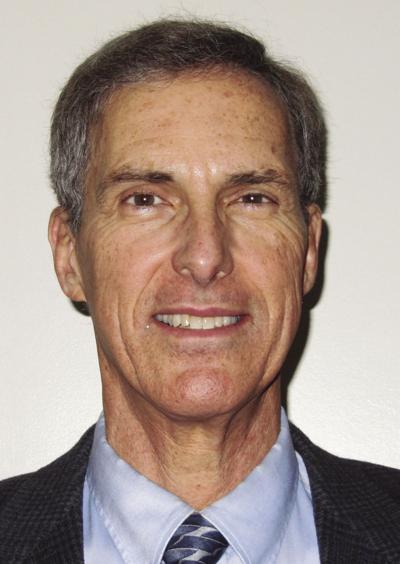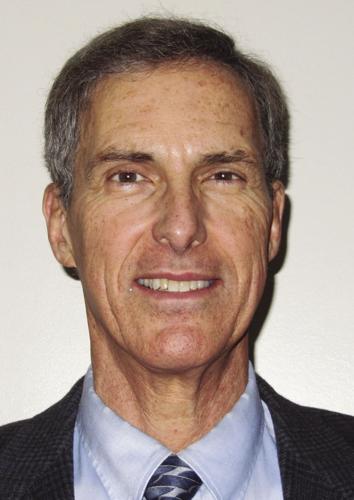“We live and die; Christ died and lived.” — John Stott
“He is not here; he has risen, just as he said. Come and see the place where he lay.” — Bible (Matthew 28:6)
The Discovery is a 2017 Netflix film in which Robert Redford plays a scientist who proves (he thinks) that the afterlife is real. “Once the body dies, some part of our consciousness leaves us and travels to a new plane,” the scientist explains.
“‘A Groundbreaking Scientific Discovery Shows That We Can Reverse Death’ New experiments raise important questions on what it means to die.” (Dec 12, 2022, Popular Mechanics)
“Those who've had NDEs [Near-Death Experiences] overwhelmingly agree that the afterlife is real, in fact more real than ordinary life.” (April 29, 2022, Psychology Today)
Thanatologists are those who study life after death, along with death, dying, and bereavement. There many theories about death: is it real or not, is there something after death or not, can death be delayed or even eliminated?
Closely connected with the study of life and death are the questions about existence and the meaning of life in general. Atheists don't believe in the existence of a god or divine being. An agnostic, on the other hand, neither believes nor disbelieves in a god or religious doctrine. Agnostics assert that it’s impossible to know how the universe was created and whether or not divine beings exist.
Then there is “existentialism,” which “examines mortal man's search for meaning in a meaningless universe.” “Human beings, through their own consciousness, create their own values and determine a meaning to their life. This view is in contradiction to Aristotle and Aquinas, who taught that essence precedes individual existence.” (Wikipedia, Existentialism)
It’s amazing how many theories exist about whether or not there is a God, and if there is, what His role is. If there isn’t a God, then the “replacement theories” abound.
Easter is a persuasive reminder that there is a God, and that He has done great things for us. If we accept the truth, we will find that indeed “the truth will set [us] free.” (John 8:32) We will be free from the constant search for what’s real in our lives. We will be free from the pressures of trying to determine what’s right and what’s wrong (God tells us in His Bible.) We will also be free from trying to achieve the good life, and ultimately eternal life, on our own.
It’s kind of like working in a company where the boss is perfect. He never makes a mistake. I can carry out the work assignments my boss gives me in the joy of knowing that it will turn out OK. There may be challenges along the way, but I know my boss is with me. That is much more freeing than being told that I’m on my own, with no guidance or assistance, and no assurance that I’m headed in the right direction.
Our behavior depends on whether or not we believe there is a God. The disciples in the Bible all denied Jesus as He was on the way to the cross. After Jesus was resurrected and appeared to the disciples, they were willing to die for Him – and they did.
As we enter into our later years, we may ask whether or not we have wasted our live. When we were young we probably didn’t think about it. But now some of us do. Perhaps the most important concern would be how our life has been spent. Was it focused on me or others? If the focus was on self then my survival comes first. When we are in a war (and by the way, we are), is our survival all that matters, or are we concerned for others?
Some people think that Jesus’ death on the cross was a horrible mistake. I know, and hopefully you do, as well, that Jesus’ death on the cross was a triumphal victory over death, for Him and us, if we will accept it.




